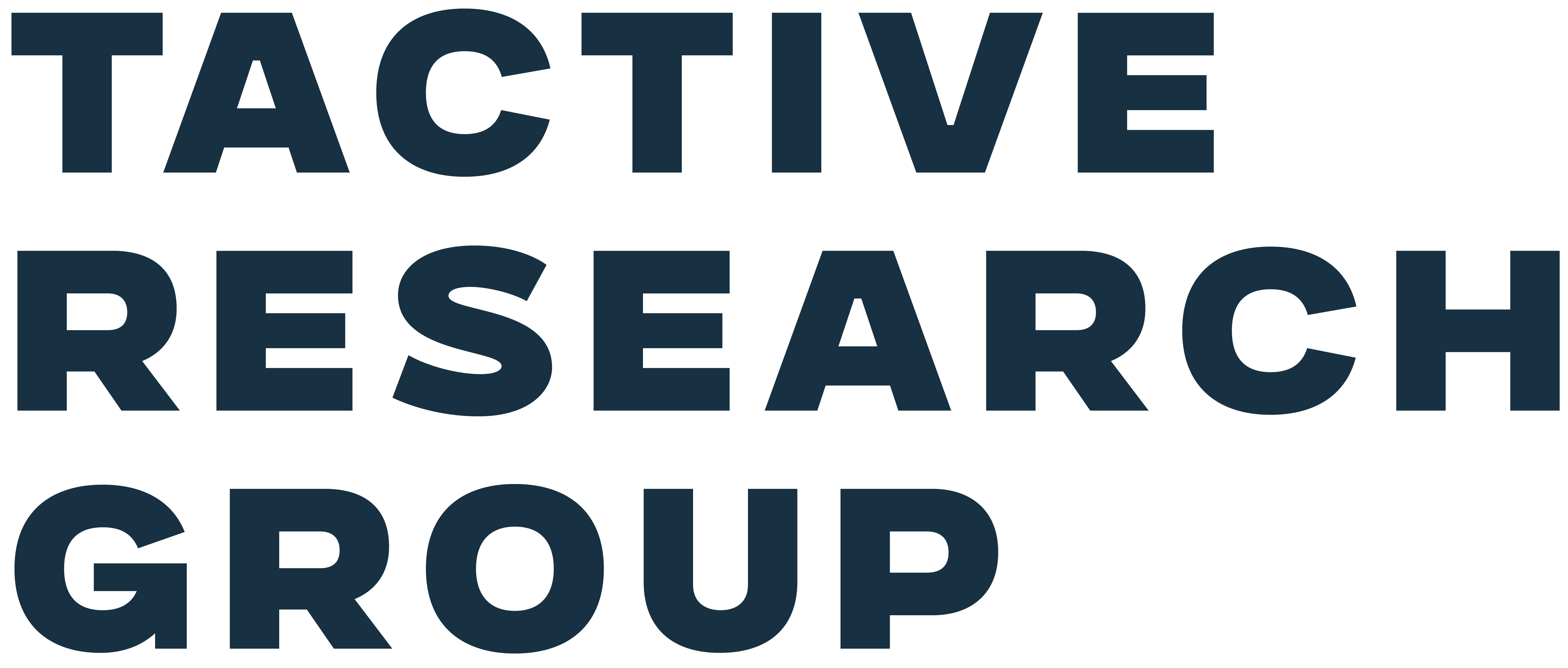AI coding assistants like GitHub Copilot and Amazon CodeWhisperer are turning heads across development teams. They promise to supercharge productivity and improve code quality. But before CIOs and tech execs toast to a new era of intelligent development, they should be aware of the fine print, particularly the licensing implications of generated code. Lawsuits, such as Doe v. GitHub, Inc., show that AI-generated code can sometimes contain fragments derived from open-source software (OSS). When those fragments come with licenses that clash with an enterprise's compliance policy or business model, the risks get real. IP violations, license incompatibility, and potential litigation are no longer edge cases; they are risks that need a proactive strategy. Organizations must responsibly embrace AI coding tools while keeping their legal, operational, and reputational footing secure. This requires CIOs and IT leaders to identify, track, …

